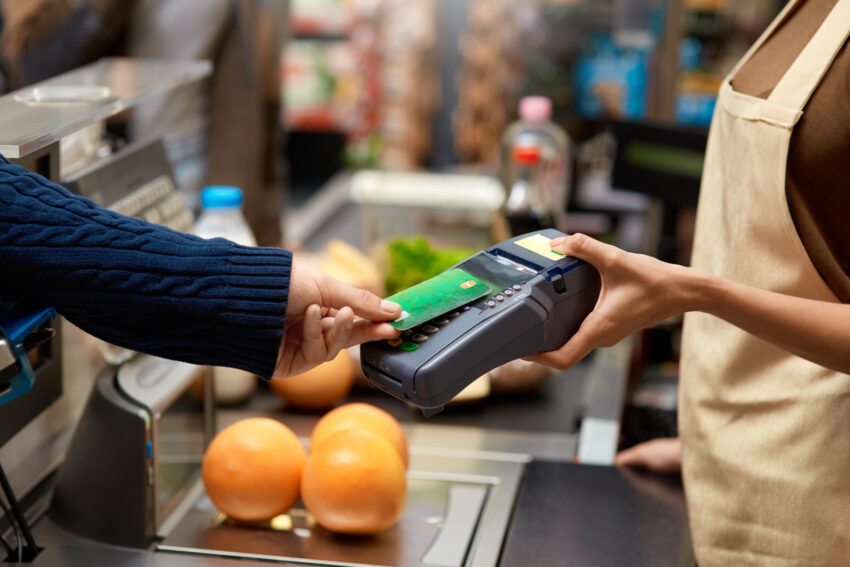It often feels like we live in the age of the whistleblower. Wealthy and developed nations appear in a state of perpetual angst, jittery about another mass surveillance scandal, privacy polemic or Big-Data-Silicon-Valley controversy.
The average citizen has become aware of the threat of government overreach, acutely cognisant of the fact that their communications and digital transactions are not hidden safely away, that their every movement can be and is being tracked by unknown agents. Oh the wonders of modern technology…
The public debate about the merits of cashless societies has encouraged us to once again wade into esoteric deliberation on how to conserve our civil liberties, to fight back against this inaffable government- and big tech-led foray into our private-sphere. In the United States, citizens have become far more wary of data-protection since the Snowden affair, demonstrating that they “lack trust in key institutions – especially the federal government and social media sites – to protect their personal information.” Up to 73% of Americans believe the state abused its authority, using an ostensible terrorist threat to tighten its grip on power.
So does the move towards cashless economies present an existential threat to our civil liberties, personal freedoms and every-day way of life? The jury is still out, but we should remain wary.
Cash v Cashless Economy: A Threat to Personal Data or A Weapon Against Corruption?
Proponents of team cashless will always evoke the idea that cashless societies represent a utopian system capable of finally tackling the global scourge of money laundering and financial crime. This do-gooder system removes all ‘tangible’ money to steal, eliminates the paper trail, facilitates transactions in a cost-effective and timely manner and simplifies international money exchanges. Maybe…
But is the obvious threat that the complete digitalization of our financial system poses to our personal data and civil liberties worth the professed benefits of fighting financial crime? Probably not. As the FinTech revolution continues around the globe, with telecoms companies and financial institutions battling it out for market share and perceived profit, the voice of the underbanked grows ever louder as questions of financial equality, freedom and security take center stage.
From Sweden to India, Venezuela to China, governments and central banks are pushing cashless as a ready-made solution to a number of domestic and global economic issues. The fact remains that around 1.7 billion people remain unbanked globally and pursuing the cashless dream represents an existential threat to this group.
The obvious issue of financial inclusion aside, groups committed to cash transactions to safeguard personal anonymity feel threatened by the overwhelming mandatory digital infrastructure espoused by the cashless lobby, including the latest technologies, service providers and regulators. In other words, third party actors many would like to keep at arm’s length, safely excluded from their daily transactional activities.
Cash v Cashless Economy: The Threat of Mass Surveillance
This leads us to another rather obvious concern: that of a governmental slide towards the authoritarian. Think of those long lines of people in Hong Kong waiting to buy their subway tickets using cash, for fear of being placed at the seen of the protest through their bankcard transactions and being in turn at risk of governmental reprisal.
“For me, this underscores that a cashless society is a surveillance society, and shows the importance of anonymous transactions,” explains Marta Belcher, a lawyer who has remained outspoken on the issue. Some of the most cashless societies in the world have poor human rights records and a bad reputation regarding civil liberties: Iran, China, Russia…
“China is building what I think is a blueprint, a road map of persecution for other regimes around the world and they’re doing it with surveillance,” explains David Curry from the Open Doors charity. The Chinese push for further digitalization of their currency has led to the introduction of the digital Yuan, the world’s first digital currency issued by a central bank.
The Chinese government has been selling this currency to its citizens as a currency of convenience, but the system put in place allows the central authorities to track every transaction of every citizen at any time… “This is just another tool in the toolbox of the Chinese communist party to control,” says China expert Steven Mosher. “It’s a way of raising the high-tech prison walls a little higher on the Chinese people. China will not only know where they go and who they talk to. They will know every penny that they spend.”
It would certainly be excessive to assume that all governmental advocates of cashless societies envision China-levels of mass surveillance on their citizens (pretty unlikely in socialist Sweden!), but here in the West our democratic principles compel us to be vigilant and circumspect of over-bearing digital infrastructure and the powers handed over to financial institutions. Trust was broken back in 2008, going cashless is probably not the best way to win it back…


